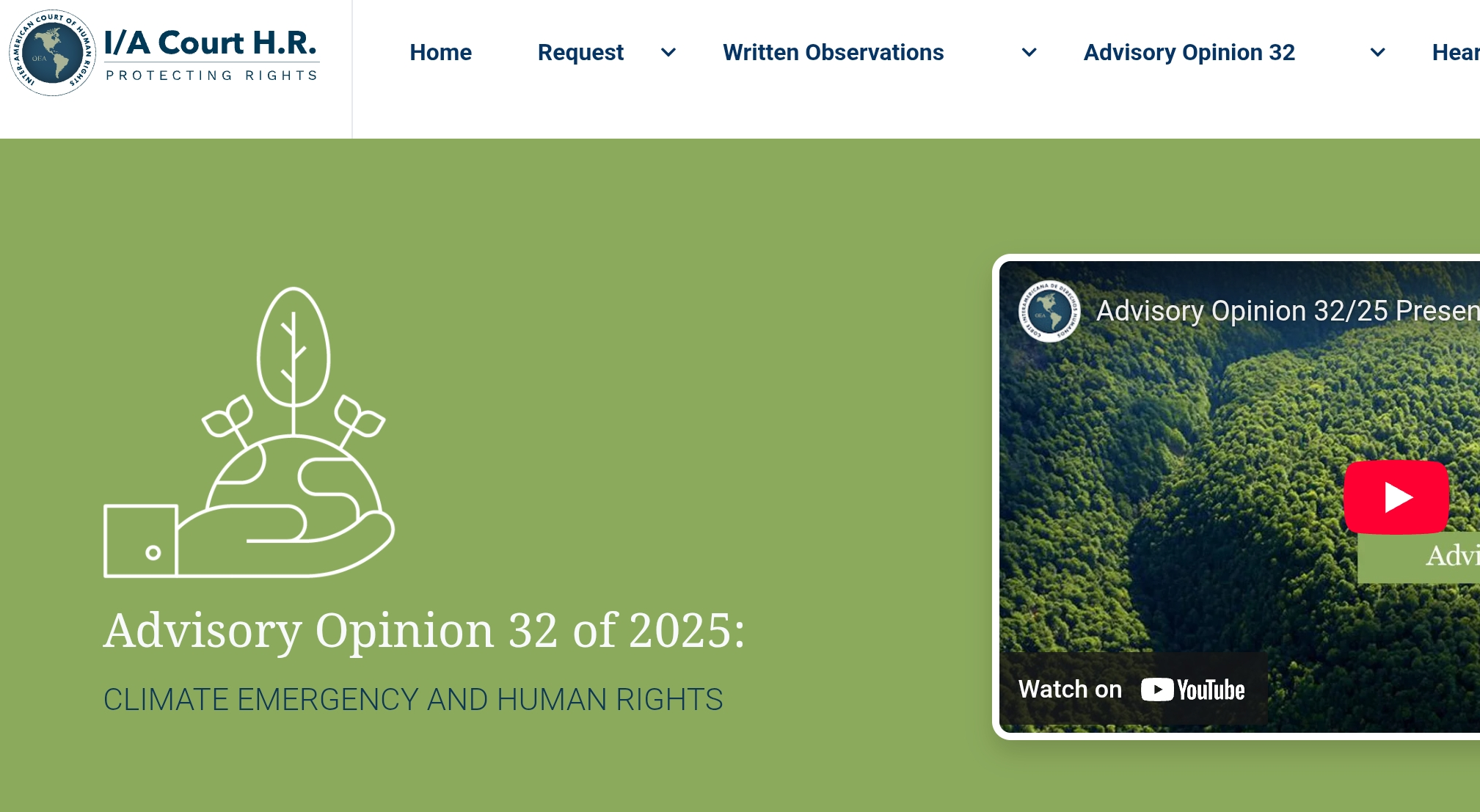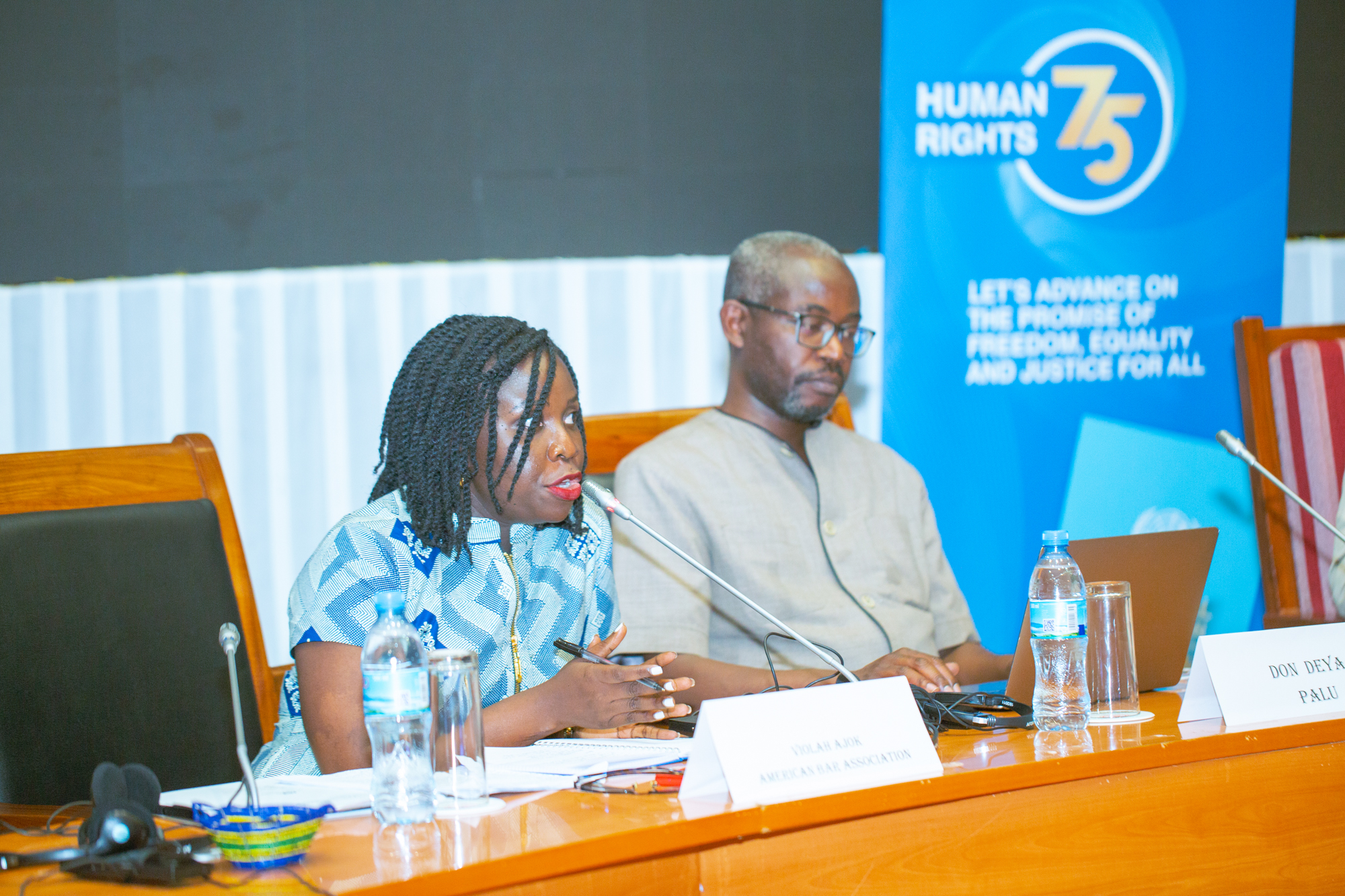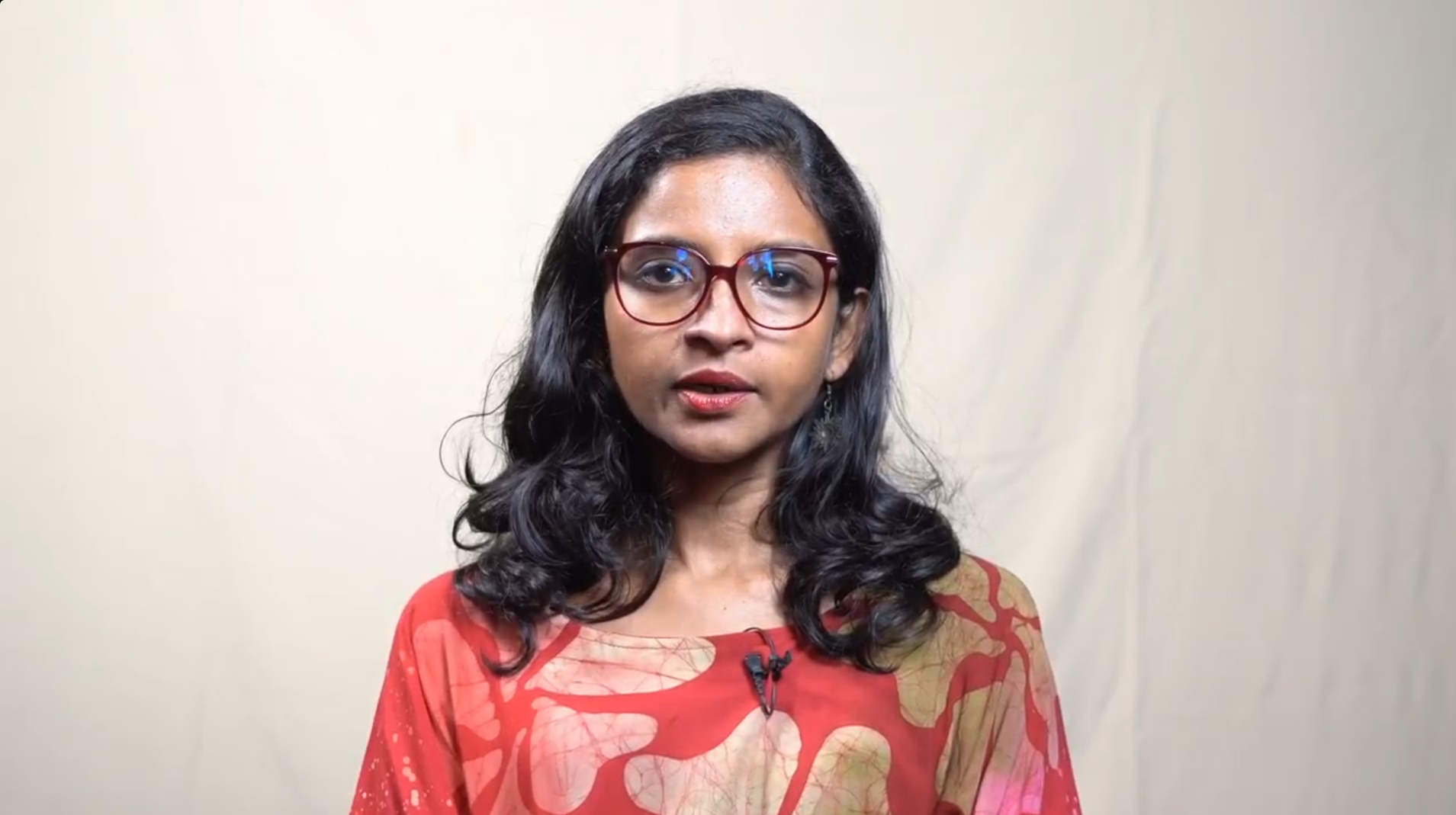Civic space in Africa
The panel discussion underscored a prevailing concern about the erosion of civic space in African societies. The discourse highlighted the significance of preserving the rights of association, assembly, and freedom of expression. The role of human rights defenders (HRDs) was emphasised as essential in ensuring that these rights are upheld.
Speakers emphasised the increasing challenges faced by National Human Rights Institutions (NHRIs) in defending HRDs and countering restrictions on civic space. The discussion called for the denunciation of actions that lead to shutdowns and constraints on civic engagement.
‘The main challenge in Africa is the authoritarian desire for power, restricting civil society organisations, with issues like election constraints and politically appointed judges. Civil society organisations should embrace resistance, and focus on policy advocacy for government accountability,’ declared Deborah Nyokabi, Programme officer at the Regional & International Mechanism Network of Africa Human Rights Institutions.
Moreover, the conversation delved into the interference by States in the affairs of civil society organisations, citing instances of infiltration, financial scrutiny, and the imposition of restrictive legislation. It was evident that the constraints on freedom of association, peaceful demonstrations, and freedom of expression were significantly impacting numerous African nations.
The panellists shared strategies to counteract these limitations, focusing on the importance of leveraging existing African mechanisms and advocating for policy changes. The discussion also revolved around the imperative of building more sustainable social movements and fostering synergy between UN mechanisms and African systems.
The conversation highlighted the importance of recognising and protecting HRDs and the crucial role played by NHRIs in protecting civil society. Initiatives aimed at preserving and expanding civic space included the utilisation of national legal resources and the establishment of monitoring mechanisms to raise awareness about limitations on civic space.
Environmental issues and human rights violations in Africa
The panel extended its purview to encompass the pressing challenges related to environmental issues and human rights violations in Africa. Speakers drew attention to the encroachment of multinational companies on lands and natural resources without adequate compensation. Instances such as the Ivory Coast toxic waste case, conflicts in the mining sector in Sudan and the Democratic Republic of Congo, and conservation policies undermining local communities were highlighted. Additionally, the discussion broached topics like illegal mining, gender-blind mining, and environmental concerns in various African countries, including Ghana, Nigeria, Tanzania, and Rwanda.
To conclude, the panel articulated a series of recommendations designed to address the challenges discussed, including access to justice, corporate responsibility of multinational companies, accountability and monitoring mechanisms and intersectionality of gender and climate change. The panel discussion illuminated the pressing need for concerted efforts in safeguarding and expanding civic space, promoting human rights, and addressing environmental concerns in Africa. The recommendations provided a clear path forward, and the active engagement of the audience emphasised the importance of these issues within the African context. As Africa grapples with these complex challenges, it is imperative for governments, civil society, and international actors to collaborate harmoniously in protecting civic space, human rights, and addressing environmental issues.




